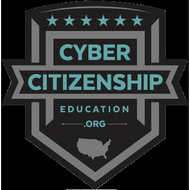
(View Complete Item Description)
This resource includes multiple lesson plans developed by Washington State teacher John Zingale and can be taught as part of in-person, hybrid, or remote instructional settings. The core content areas include social studies, civics, and media literacy and are designed for use with students in grades 6-12. Additional integrations include ELA, world languages, mathematics, physical education and science. These lessons integrate both state and national civics instruction using project-based and collaborative learning strategies. Features of these lessons include:student researchcollaborative learningdigital learning strategieslateral readingdesign and creation of infographicsTo support these lessons, additional resources are provided to help educators and families with understanding and teaching information and media literacy to young people. Resources include:introductions to media literacyeducator guidesparent guidesstudent learning standards
Material Type:
Activity/Lab,
Assessment
Author:
Mark Ray












